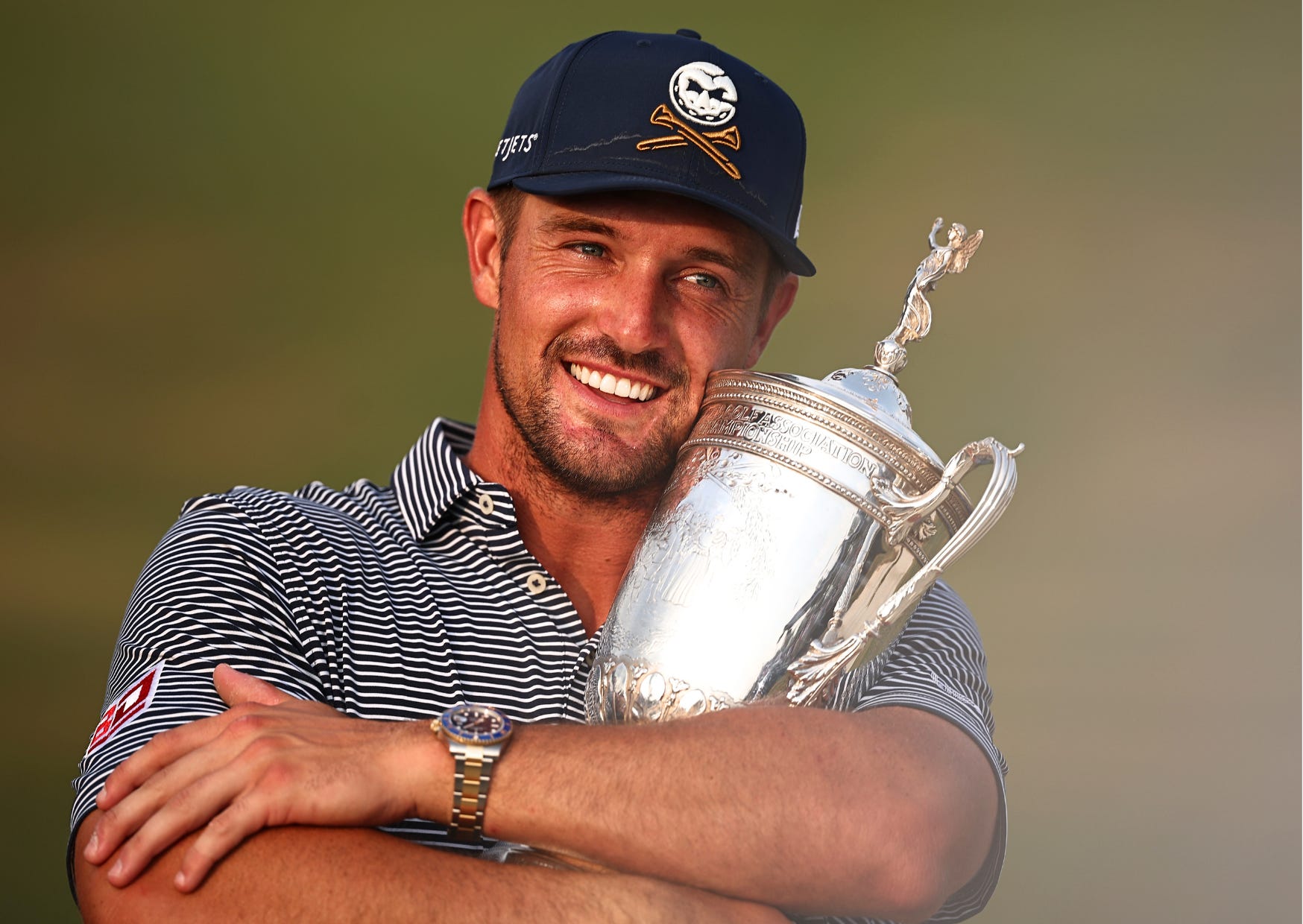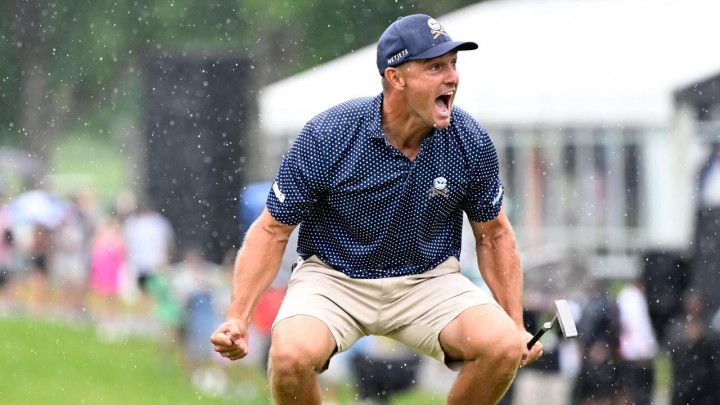In a stunning and heartwarming revelation that has rocked the golf world, Bryson DeChambeau — long known as the sport’s most controversial innovator — has unveiled plans for a youth golf academy dedicated to underserved communities, a move that no one saw coming. The initiative, revealed through leaked internal documents, represents a remarkable evolution for the man once dubbed golf’s “mad scientist.”

According to the documents, DeChambeau’s proposed “Next Generation Golf Initiative” will provide full scholarships, free equipment, and access to mental health and mentorship programs for young players who might otherwise never get the chance to pick up a club. But what truly sets this program apart is its guiding philosophy: instead of rigid data analysis and swing mechanics, the curriculum emphasizes creativity, individuality, and emotional resilience — a sharp contrast to the hyper-technical approach that made DeChambeau famous.
Perhaps most striking are DeChambeau’s own handwritten notes found in the proposal. One line stands out:
“I was that kid once — the one who didn’t fit in, who thought different. I want to build something for them.”

It’s a rare glimpse into the emotional side of a player often criticized for his ego and unconventional methods. Sources close to LIV Golf confirm that DeChambeau has been quietly developing this project for over a year, long before the recent turbulence surrounding the league. Those who’ve worked with him say it’s not a PR stunt — it’s personal.
Public reaction, however, remains divided. Some see this as a genuine act of redemption, proof that DeChambeau has matured from a polarizing figure into a visionary leader determined to give back. Others remain skeptical, suspecting a calculated move to rebuild his image amid ongoing controversies in the LIV vs. PGA Tour rivalry.

Still, the magnitude of this effort is undeniable. The plan calls for regional academies across the U.S., partnerships with public schools, and a commitment to funding travel for junior players who can’t afford tournaments — potentially transforming the accessibility of golf for an entire generation.
If successful, this project could redefine DeChambeau’s legacy. From a misunderstood maverick obsessed with data and distance, he now appears poised to become a champion of inclusion and imagination in a sport long criticized for exclusivity.

Whether driven by redemption or genuine empathy, one thing is certain — Bryson DeChambeau has just changed the conversation. This isn’t just about golf anymore; it’s about opening the game’s gates to every child who’s ever felt like they didn’t belong.
And if he pulls it off, it may go down as the most important swing of his career.





